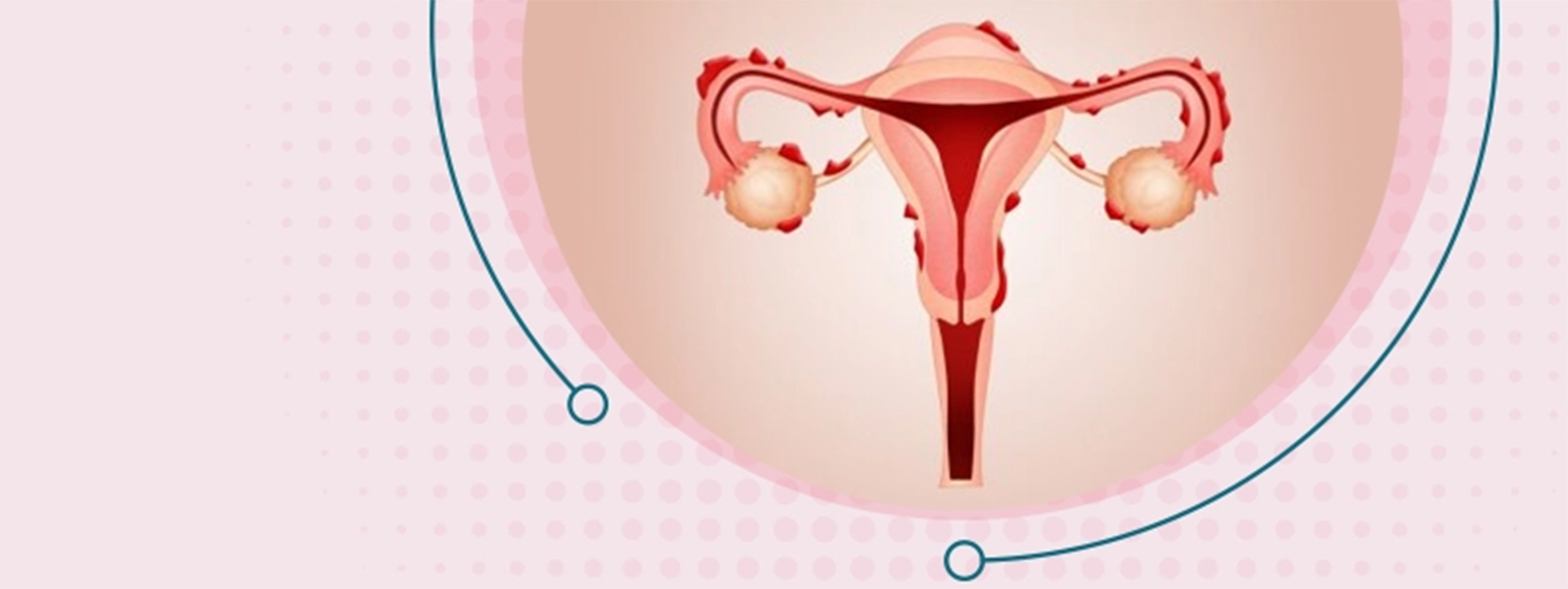
Uterine Cancer
Uterine cancer, also known as endometrial cancer, is a type of cancer that develops in the lining of the uterus, known as the endometrium. It is the most common cancer of the female reproductive system. Uterine cancer typically occurs after menopause, but it can also occur before menopause. Understanding the causes, symptoms, diagnosis, and treatment options for uterine cancer is crucial for early detection and effective management.
Causes of Uterine Cancer
The exact cause of uterine cancer is often unknown, but several factors may increase the risk, including:
- Changes in hormone levels, such as estrogen dominance
- Obesity or being overweight
- Age, with the risk increasing with age, especially after menopause
- Having never been pregnant
- Family history of uterine, ovarian, or colorectal cancer
- Endometrial hyperplasia, a condition in which the lining of the uterus becomes too thick
- Use of hormone replacement therapy (HRT) without progesterone
- Prolonged use of tamoxifen, a medication used to treat breast cancer
- Previous radiation therapy to the pelvis
Symptoms of Uterine Cancer
Uterine cancer may cause symptoms such as:
- Abnormal vaginal bleeding, such as bleeding between periods or after menopause
- Heavy or prolonged menstrual periods
- Pelvic pain or pressure
- Pain during intercourse
- Abnormal vaginal discharge
- Feeling a mass or lump in the pelvic area
Diagnosis of Uterine Cancer
Diagnosing uterine cancer typically involves:
- Transvaginal ultrasound to examine the uterus and ovaries
- Endometrial biopsy to collect tissue samples from the lining of the uterus for laboratory analysis
- Dilation and curettage (D&C) to scrape tissue from the lining of the uterus for examination
- Magnetic resonance imaging (MRI) or computed tomography (CT) scan to determine the extent of the cancer
Treatment Options for Uterine Cancer
Treatment for uterine cancer depends on several factors, including the stage, grade, and type of cancer, as well as the patient's overall health and preferences. Treatment options may include:
- Surgery to remove the uterus (hysterectomy) and sometimes other reproductive organs
- Chemotherapy to kill cancer cells or shrink tumors
- Radiation therapy to destroy cancer cells or relieve symptoms
- Hormone therapy to block the effects of estrogen or progesterone
- Targeted therapy to attack specific molecules or pathways involved in cancer growth
If you have concerns about uterine cancer or have been diagnosed with the condition, our team of experts is here to help. Contact us today to schedule a consultation and learn more about your treatment options.